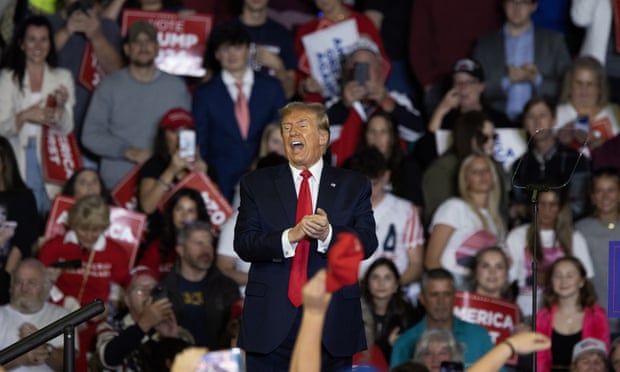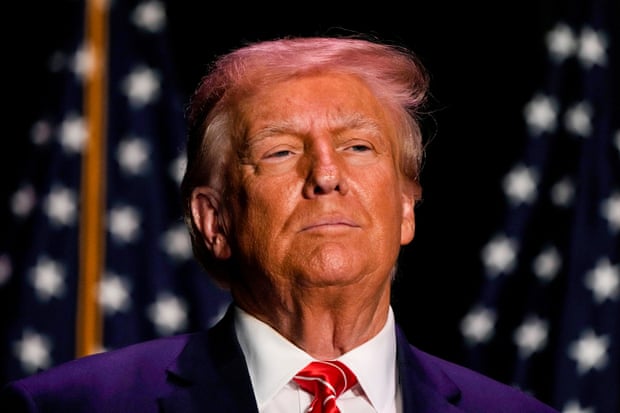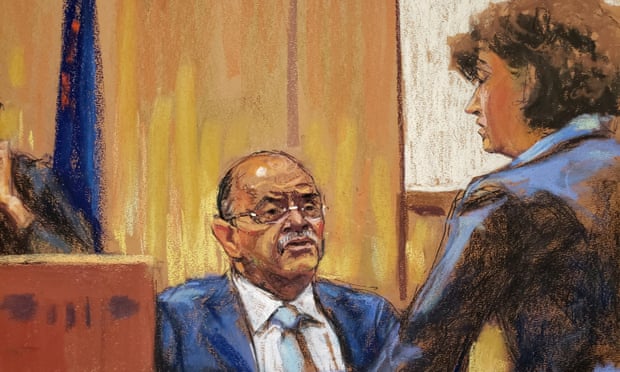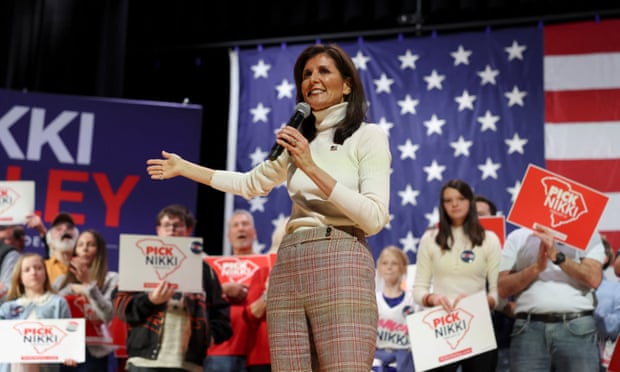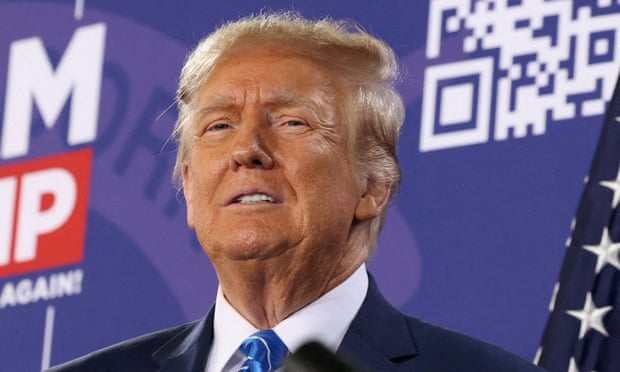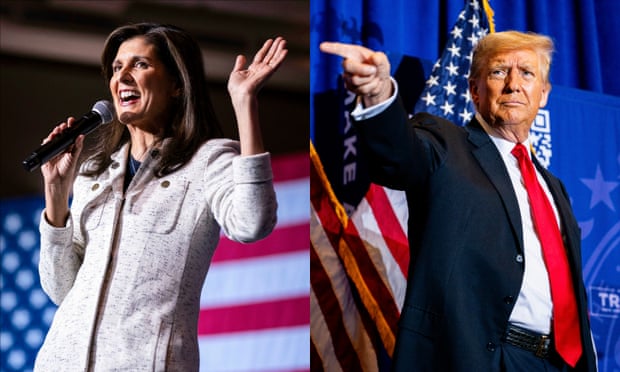In the aftermath of a dramatic hostage rescue operation in Rafah, southern Gaza, President Joe Biden has joined global leaders in calling on Israel to halt its proposed all-out military assault on the city. The rescue mission resulted in the death of dozens of Palestinians, prompting concerns about the safety of over 1 million people currently seeking shelter in Rafah.
After discussions with Jordan's King Abdullah, President Biden emphasized the need for a credible plan to ensure the safety of the vulnerable population in Rafah. He stressed that many of them had already been displaced multiple times, and their protection should be a priority.
The U.S. president revealed ongoing efforts to negotiate a six-week pause in the conflict between Israel and Hamas, with key elements of the deal on the table, though gaps still exist. King Abdullah echoed the call for a broad ceasefire, emphasizing the urgency to end the ongoing war.
Israeli Prime Minister Benjamin Netanyahu, while praising the successful hostage rescue operation, faced international criticism. EU's foreign policy chief, Josep Borrell, expressed frustration, stating that Netanyahu "doesn't listen to anyone." UK Foreign Secretary David Cameron voiced serious concerns about the situation, emphasizing the difficulty for civilians to find refuge due to the repeated displacement and destruction of their homes.
Australia's Foreign Minister Penny Wong warned that neglecting the safety of civilians in Rafah would harm Israel's own interests. German Foreign Minister Annalena Baerbock previously labeled an offensive on Rafah as a "humanitarian catastrophe in the making."
UN Human Rights Chief Volker Türk urged influential nations to restrain rather than enable further escalation. Despite global warnings, Netanyahu has reiterated his intention to extend Israel's offensive, risking catastrophic consequences.
International reactions intensified as the death toll in Gaza reached 28,340, with the EU, the UK, and the UN condemning the rising casualties. The White House disclosed that before the hostage rescue, President Biden had cautioned Netanyahu against launching a military operation without a credible plan for the safety of those in Rafah.
In a notable move, the Netherlands court ordered the halt of F-35 fighter jet parts export to Israel, citing a "clear risk" of violating international humanitarian law. The UK government also imposed sanctions on four Israeli settlers accused of human rights abuses against Palestinian communities in the West Bank.
As tensions escalate, the world watches closely, urging restraint and diplomatic solutions to prevent further loss of life in the region.



